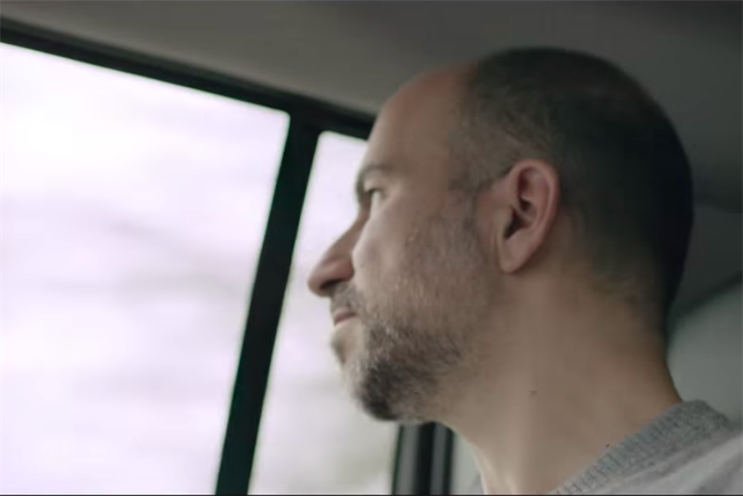"One of our core values as a company is to always do the right thing. And if there are times when we fall short, we commit to being open, taking responsibility for the problem, and fixing it," says Uber’s new chief executive Dara Khosrowshahi (pictured above), in a $10m (£7.57m) "" for Uber that launched in May [see image above].
Though wildly successful, the ride-hailing company has, until very recently, displayed no interest in "doing the right thing." Last year Uber all but ground to halt under a weight of successive scandals including a toxic workplace where sexual harassment went unchecked and a data breach affecting 50 million users. Finally, they lost their licence to operate in London, their biggest European market.
Since then, Khosrowshahi has made a series of changes in the hopes of getting his licence back. These have included reporting sexual assaults, agreeing to be audited after six months and not employing any senior managers who were aware of the infamous Greyball software that Uber used to avoid regulatory scrutiny. In short, Khosrowshahi has promised to run the firm properly, without the obvious law-breaking of his hard-charging predecessor Travis Kalanick.
But in truth, Khosrowshahi did not have to agree to make changes. They were forced on him.
Uber is currently banned, restricted or has been forced to withdraw certain services such as its peer-to-peer technology UberPOP from countries including Spain, Denmark, Germany, Italy, Finland, Japan, Hungary and Bulgaria.
Uber recently lost a decision from the European Court of Justice that it should be regulated as a traditional taxi company instead of a technology group.
In the same month, the app lost a tribunal ruling after it was told it must treat drivers as "workers" entitled to the minimum wage and holiday pay.
But Khosrowshahi’s sincerity, persuasive though it is, won’t be enough to restore Uber’s now legal business. As I wrote last year, rule-breaking wasn’t an unfortunate side-effect of Uber’s astonishing growth – at one point it was the most valuable Unicorn in history – rule breaking was its business model.
No one booked an Uber because they liked the app – most urban taxi fleets use modern dispatch with GPS, plus custom hardware and software.
We booked Uber cars because they were cheap. And they were cheap because the company cunningly managed to skirt or ignore expensive regulations such as commercial vehicle licensing. As one critic pointed out, the firm had a blatant disregard for TfL’s regulations and public safety.
Now that the authorities have caught up with Uber, will Khosrowshahi be able to sustain Uber’s competitive advantage?
Or put another way, can he turn Napster into Spotify?
Older readers will recall that Napster, the successful MP3 site, shared music illegally. Rule breaking was at the heart of its business model and so it could not survive.
But as others have pointed out, Napster’s demise did not doom musicians and listeners to return to life before it existed. Instead, we got iTunes, Pandora, and Spotify — businesses that kept what was great and lawful about Napster while operating within the confines of the law.
Success for Uber depends on making a similar change and making it profitable. (Uber incurred losses of $2.8bn on revenues of $6.5 billion back in 2016.)
And that sounds hard.
I’ll call a cab.
Andy Pemberton is the director of Furthr


